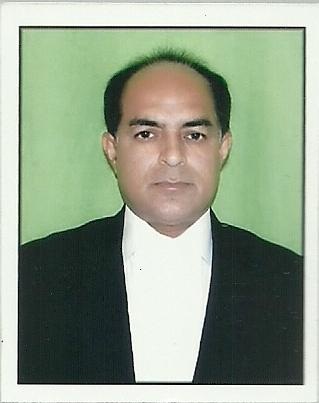| Article Section | |||||||||||
|
Home |
|||||||||||
RECOMMENDATIONS BY GST COUNCIL |
|||||||||||
|
|||||||||||
RECOMMENDATIONS BY GST COUNCIL |
|||||||||||
|
|||||||||||
Recommendations to be made by Council As per Article 279A (4), the Council will make recommendations to the Union and the States on important issues related to GST, like the goods and services that may be subjected or exempted from GST, model GST Laws, principles that govern Place of Supply, threshold limits, GST rates including the floor rates with bands, special rates for raising additional resources during natural calamities/disasters, special provisions for certain States, etc. The Goods and Services Tax Council shall make recommendations to the Union and the States on-
Apart from aforementioned recommendations, GST Council shall undertake the following-
Decisions / issues considered at First Meeting of GSTC (22-23 September, 2016) The first meeting of the newly constituted GST Council was held on 22-23 September, 2016 in which following issues were decided / considered:
Decisions / issues considered at 2nd Meeting of GSTC (30.09.2016) The major agenda for the second meeting of the GST Council held on 30 September, 2016 was to consider and approve the draft rules released for GST in relation to registration, payment, return, refund etc. Though the draft rules were put in public domain only on 27th September leaving few hours for public to give feedback, the GSTC approved the said rules in just one sitting. The decisions, inter alia, are supposed to include the following –
Agenda for 3rd Meeting of GSTC (18-20 October, 2016) The GSTC decided to hold its third meeting on 18-20 October, 2016 wherein following issues may be considered –
It is expected that GST Council may finally decide on the above issues in its three days meeting in October, 2016. Treatment of Cesses While the proposed GST regime shall subsume certain taxes – both Central and of States, it is not certain as to what would be the fate of cesses such as Swachh Bharat Cess (SBC) and Krishi Kalyan Cess (KKC). While the Constitutional (101st Amendment Act) 2016 does not deal with treatment of cesses in the GST regime, GST Council is expected to decide the fate of cesses as to whether they will be subsumed in the GST rate itself or continue. According to present talks, there may be no cesses under the GST regime but for that, a decision has to be taken as cesses do not get automatically subsumed. It is understood that GSTC has agreed to subsume cesses into the GST. Compensation to States Compensation to States is a complex issue as some of the states have demanded that compensation for revenue loss from GST rollout should be paid on a regular basis on quarterly or bimonthly rests but that may be tough for the centre. The centre is considering the options to project revenue growth based on a fixed rate or best of three growth rates out of last five years or excluding two outlier year and average taken.
By: Dr. Sanjiv Agarwal - October 12, 2016
Discussions to this article
Regarding "dual control of assessees- Taxpayers with annual turnover upto ₹ 1.5 crores shall be assessed by states and assessees with annual turnover exceeding ₹ 1.5 crore to be assessed by both centre and states (cross empowerment model)." It seems that the assessee will be subject to assessment by both the authority. This will lead to troublesome to the dealers. How the provision is going to work ? Pls. Enlighten us sir.
Dual control by State & Central Tax authorities is a ticklish issue. My feeling is that CBEC will NOT be able to assert itself vis-a-vis State tax officials demand on overlapping areas, except large assesses. FinMin is in no mood to indulge or placate CBEC
Dear Ganeshan ji / Chitkara ji, GST Council is meeting today for 3 days. Hopefully, there will be more clarity in this aspect to move forward. It may also become an issue of deadlock. Thanks & Regards, CA Neha Somani
My prediction on who will lose control or gain control of ST assessees below 1.50 crores - Centre or States : Considering that State Tax Official's demonstration at Jantar Mantar largely comprised of BJP ruled states and the same party is at Centre, this tacit support by BJP-governed states is pointer towards only one conclusion. Yes, you guessed it already Neha Somani ji. No deadlock. Clear defeat of Chicken Boneless (CBEC). What is your guess Dr. Sahib & Ganeshan ji ?
|
|||||||||||
| |
|||||||||||
 9911796707
9911796707



